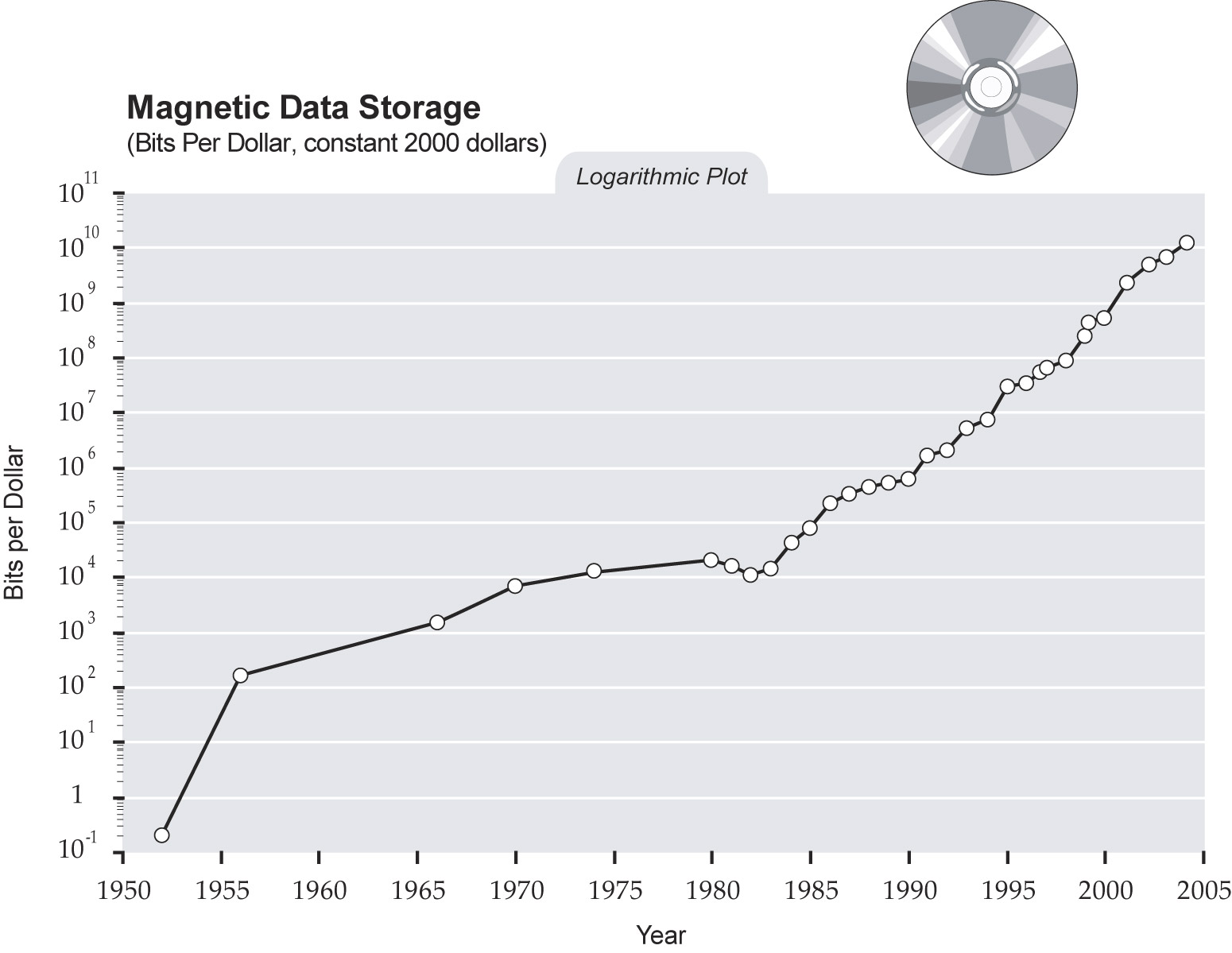Wallace over Darwin: The Workin' Man's Biologist

Some people have it tougher than others when it comes to gaining and using an education in order to pursue their life's passion.
"Had my father been a moderately rich man [...] my whole life would have been differently shaped, and though I should, no doubt, have given some attention to science, it seems very unlikely that I should have ever undertaken [...] a journey to the almost unknown forests of the Amazon in order to observe nature and make a living by collecting."[1]I like that last part of the above quote: "...make a living by collecting." Here is no high Victorian view of finding Truth, or noting the beauty of God's handwork -- and Wallace would have affirmed all those things if asked -- but a working man's, what we'd now call 'blue-collar' view of science: a guy's got to make a living, and this is what I like to do.
Wallace wasn't given a lot of opportunity to pursue what he loved when young, but when given exposure to the joys of field collecting specimens, he finds his life's career passion. And, as these things often do, he's introduced to this activity by his buddy, Henry Bates, a guy who later became famous for work with insects. Bates and Wallace were taking part in beetle collecting, a rage among the English at that time, and Bates said he had a collection of several hundred beetles. Wallace could hardly believe it:
"If I had been asked before how many different kinds of beetles were to be found in any small district near a town, I should probably have guessed fifty [...] I now lernt [...] that there were probably a thousand different kinds within ten miles."[2]As were many kids, I was quite interested in bug collecting as a child, and the variation of insects was always something to behold. Even today, when I travel to other states, I try to keep an eye out for the different kinds of plants and insects I can see during casual walks from place to place. This summer, I plan on going to Hawaii for the first (and, because of finances, probably last) time in my life. I'm sure there will be an overwhelming amount of new plants and insects to observe. Later, during his work as a railroad surveyor, Wallace would get a day off, and set out for collection journeys:
"Even when we were busy I had Sundays perfectly free, and used to take long walks over the mountains with my collecting box, which I brought home full of treasures [...] At such times I experienced the joy which every discovery of a new form of life gives to the lover of nature, almost equal to those raptures which I afterwards felt at every capture of new butterflies on the Amazon."[3]This was all practice for the big act -- quitting his safe and secure railway job and pursuing the real passion of his life: field biology, and in the exotic wilds of South America. This is the risk-assessment "hump" that many people, even college student's, can't make: choose against the prudence of comfortable, low-risk job security, and towards the passion of what one really wants to do. Darwin had it easy, for his wealthy father was able to finance him at every step of the way. Admittedly, Darwin, being of good character, didn't squander that opportunity; but, Wallace was the more courageous of the two, for he had no real financial safety net. It's easy to fail with daddy's money backing you; yet, it's quite a different outcome when there's only one's backside to catch failure. (I've seen this difference in attitude and performance in many college students over the years.)
Happily, Wallace pulled it off: he was eventually able to support himself as a naturalist (though only in Spartan fashion). He collected specimens in the far-away South American jungles and sent them back for sale to both private collectors and public museums.
Wallace was the workin' man's biologist, and with care and insight, he was able to see the same pattern in nature that rich boy Charlie saw, and ask the essential question: Where did all this subtle difference in variety come from? Good question, workin' man. You weren't the first to ask it, but you were the first brave enough to ask it publically. Lucky for you, Darwin was a gentleman of high ethics and a collegial scholar, so he shared credit where credit was due.
REFERENCES
[image] J. Bronowski The Ascent of Man (Boston: Little, Brown, and Co., 1973), p. 292.
[1] Ibid., 293-294.
[2] Ibid., 294.
O.
Labels: Alfred Wallace, biology, Darwin, history of biology, psychology of science





